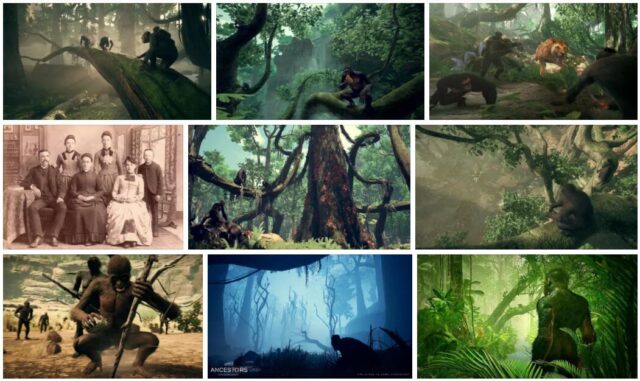Ancestor comes from the verb ancestor, which refers to what happened before. According to the first meaning mentioned in the dictionary of the DigoPaul, ancestor is an adjective that qualifies a time period that precedes the last one that elapsed.
The most common use of the concept, however, is given as a noun. An ancestor, in this sense, is an upline relative of an individual or group of people. An ancestor is an ancestor.
For example: “My ancestors came to this country from Ukraine”, “The young singer has Peruvian ancestors”, “It is not logical that they criticize the deputy because one of his ancestors was a Nazi: what is his fault for what his ancestors did when He wasn’t even born yet? ” .
In general, the idea of ancestor is used when there is a certain distance. This means that a man hardly uses the notion to refer to his parents or grandparents: instead, he can speak of ancestors to name his great-grandparents or great-grandparents, to cite two examples.
The concept of ancestor is also often linked to a certain respect by current people towards their ancestors, although this depends as much on the culture as on each individual case. In Japan, for example, respect for the elderly is imprinted in the culture itself, for which speaking of ancestors is usually done with a certain degree of admiration.
In other countries, where self-love is not common but rather people look outward, the weakness of its roots inevitably affects a poor opinion about their own history, in which their ancestors were protagonists. For example, when a person complains about the economic and social situation of his country saying “It is that here we have always done everything wrong”, he shows a disappointment both for his fellow men and for his ancestors.
The notion of ancestor can also be used with reference to a more or less broad social group. There are species that are classified as ancestors of the human being (Homo sapiens). In these cases, the ancestors can be numerous and related to a very large set of people (in fact, humanity in general).
In this context, it is interesting to note that while it is believed that life on Earth appeared approximately three and a half million years ago, primates only emerged around seven million years ago, and the homo species, only two million. Despite having been part of this precious planet for such a short time, the human being has managed to dominate it, even if not by force and gradually leading to its destruction. How did you do it? Blinded by his pride.
The human being has the curious habit of praising himself: we are superior to the rest of the species, the most evolved, the only ones capable of creating and thinking, all because we say so; We do not ask another species for their opinion, but we proclaim ourselves the most important and valuable beings on the planet. Our ancestors are our shame, albeit a necessary one to have reached this fictional peak where our dangerous vanity has placed us.
In the numerous research texts on the misunderstood human evolution, the ancestors of our species always appear as primitive, basic beings, light years from our current intellect; However, they lived and let live, on a green planet, friend of the sun and free of contamination.
It should be noted that vegetables also have ancestors: species that changed their genome with evolution or through human intervention with science.
